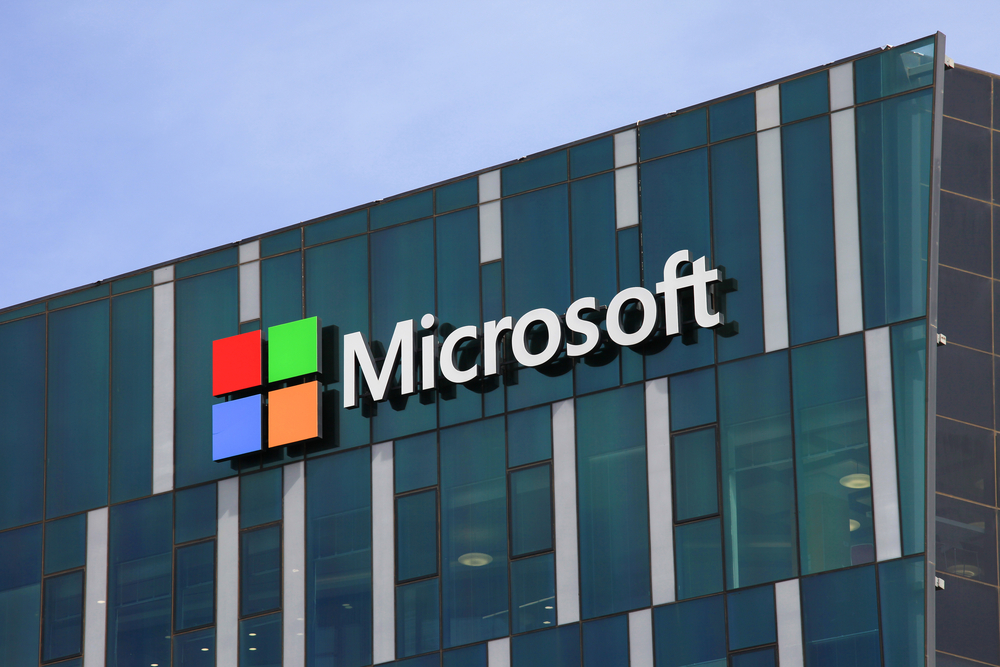Microsoft’s Ethereum-Friendly Blockchain Framework ‘Coco’ Hits 1,600 Txns/Sec

Microsoft is entering the ICO sector with services offered on Azure, its cloud computing platform. | Source: Shutterstock
Microsoft has unveiled its newest blockchain protocol in the Confidential Consortium (Coco) framework, an open-source system aiming to provide large-scale, confidential blockchain networks for companies and organizations alike.
In an announcement this month, Microsoft revealed its Coco framework reduces the complexity of implementing current blockchain protocols to the operational and security needs of enterprises by solving critical hurdles in transaction speeds, confidentiality and distributed governance.
“Coco achieves this by designing specifically for confidential consortiums, where nodes and actors are explicitly declared and controlled,” explained Mark Russinovich, technology chief at Microsoft Azure, the technology giant’s cloud computing platform.
He added:
Coco presents an alternative approach to ledger construction, giving enterprises the scalability, distributed governance and enhanced confidentiality they need without sacrificing the inherent security and immutability they expect.
By design, the framework will be built to work with any blockchain ledger protocol. Initial implementations will include developments with a number of enterprise-blockchain heavy-hitters including Ethereum, R3’s Corda, Hyperledger Sawtooth and JP Morgan’s Quorum. Notably, the framework also works with hardware-based trusted execution environments (TEEs) such Intel’s Software Guard Extensions (SGX) or the Windows Virtual Secure Mode (VSM.
Microsoft claims its Coco framework will be capable of scaling beyond speeds of 1,600 transactions per second when integrated with a blockchain network. The framework will also aim at a pioneering governance model for enterprise blockchain networks by establishing a network constitution where members can vote on all governing terms and conditions of the blockchain software.
“Coco will be compatible, by design, with any ledger protocol and can operate in the cloud and on premises, on any operating system and hypervisor that supports a compatible TEE,” Russinovich added.
Microsoft has released a technical white paper with a demo of the Coco framework prior to its launch on GitHub in 2018 as an open source project.
Featured image from Shutterstock.